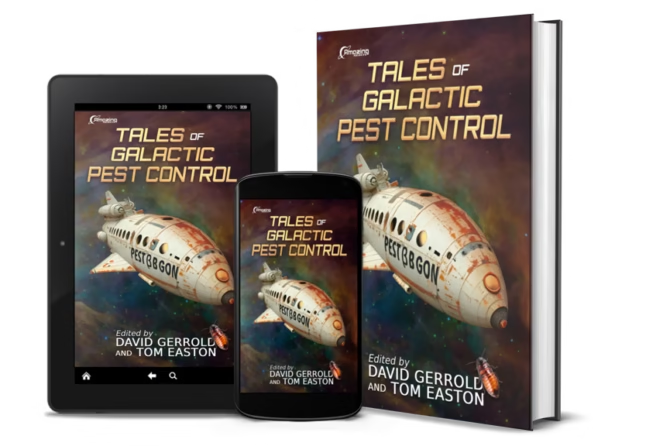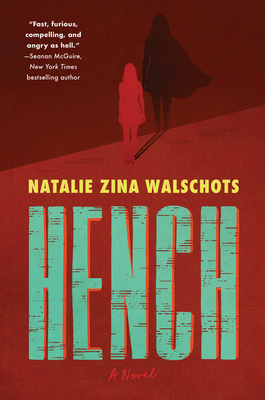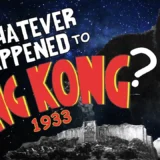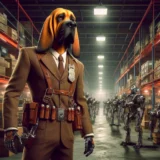Whether we like it or not, television and literature have a profound effect on our identities as the amount of works we consume accumulate. I can’t even count how many programs, games, and books I’ve gone through, but I can see the end result of them, every time I talk about anything.
From Star Trek, I was given a wonderment of the unknown and taught the virtue of exploration and discovery for the sole sake of advancing the human race, not just for personal gain. I also learned to think big and appreciate technological advances – even the small ones. And if I ever encounter an alien life form, my first reaction won’t be to try and kill it.
From The Outer Limits and The Twilight Zone, I saw the flaws and evolutionary baggage our species still lugs around: how easy it is for our instincts to lead us astray when presented with unusual circumstances. I was given a weekly dose of reality from the unreal, and I learned the hardest truths are that the good guys don’t always win, that we’re all going to die someday, whether it’s in a weird or mundane way, and that we’re going to constantly be tried and tested during our lives. Most importantly, though, how we respond can be far more important than whether we pass or fail.
From Doctor Who, I learned to be more outgoing and to celebrate my intelligence and eccentricities. I learned to appreciate the time we’re given, and I gained a better perspective on the grand scope of things. From Earth’s last days to the end of time, no matter how small we are, we all play an important part in the future – with the biggest thing holding us back being how little we value ourselves.
From Sliders, I was given a glimpse into M-Theory before I knew it existed. The idea of parallel worlds existing because of wave collapsing and quantum superpositioning has never not fascinated me, whether that means other versions of myself exist or just other Earths. This show was the reason I read books like a Brief History of Time, Physics of the Impossible, The God Particle, etc.
From Orwell and Huxley, I learned that by not standing up for our rights, language, and artistic expression, we can easily lose them all and revert back to cavemen, who are no better than worker drones. But I also learned the dangers hedonism can have on a civilization – which is why I don’t glorify or give too much credit to, even good, entertainment. When we start to confuse any entertaining story with a life changing, wisdom endowing one, we’re heading toward a path of meaningless sex, drugs, and banality. Of course if I had my choice, I’d take that over 1984’s Oceania, any day of the week.
I could go on and on, but the most important thing these works did was create a bridge to find the friends I still have today. Science fiction brought us together, and when we’re up late talking about time spirals or cloaking devices, we’re partaking in the moving of humanity into the future. You don’t have to be the inventor of something to have an impact on it. Just aiding to a culture that promotes technological advancements, that aren’t just amusement based, will make the difference in the long run.
Finally,everyone knows the old saying “you are what you eat.” Well when it comes to science fiction fans, we’ve eaten a lot of possible futures, and they will be a part of us for the rest of our lives.









